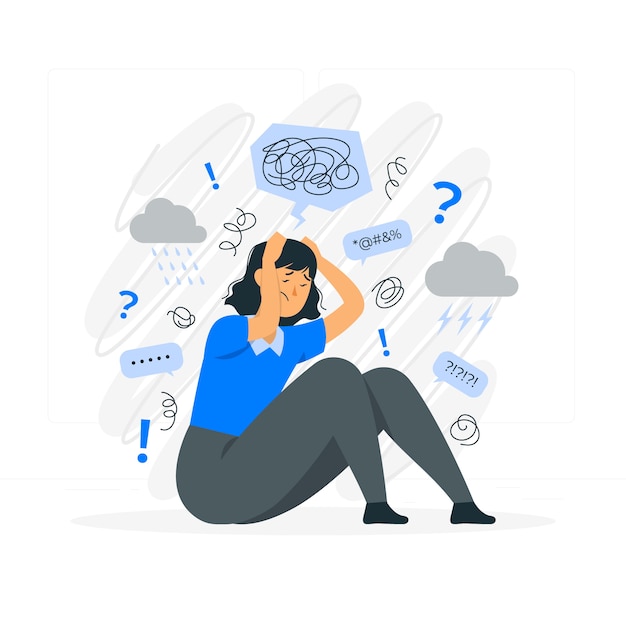Depression is a mental disorder characterized by prolonged feelings of sadness, loss of interest in activities, and hopelessness; incidence-≥5% among adults. It is not simply just the ‘blues’ or ‘had a bad day’ depression affects the individual’s personal and professional life, and relation with family and friends. As we have seen, some treatments can effectively cure mental health but the statistics of less than a quarter of those who give treatment means that more than three-quarters of people in low and middle-income countries receive no treatment at all due to factors such as lack of access to healthcare facilities, this is due to lack of adequate trained professionals who would handle cases of mental health and the stigmatization that comes along with mental health.
Thus, depression can be expressed in different forms. Common include the feeling of sadness and hopelessness, lack of interest in doing things that one used to like doing, and difficulty in sleeping to mention a few. In contrast, others are severe and they include suicidal thoughts. Depression definition is reached when such symptoms occur most of the time, nearly every day for more than two weeks, and interfere with functioning.
Key Therapies for Depression
- Psychological (Talk) Therapies:
Psychotherapy approaches in particular those including Cognitive Behavioral Therapy (CBT) and Interpersonal Therapy (IPT) are quite efficient in combating depression. While CBT assists in fighting negative trains of thought, IPT targets the interpersonal communication of the patient. Behavioral Activation focuses on participation in meaningful activities, while in Problem-Solving Therapy people are equipped to deal with hardship better.
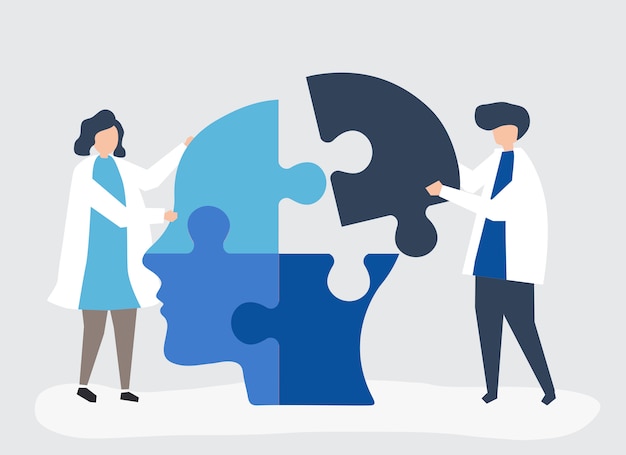
- Medication:
When the level of depression is medium to high, medication might be vital. Fluoxetine for example is the type of serotonin reuptake inhibitor usually administered to raise serotonin levels in the brain which in turn balances mood. Nonetheless, these medicines must be selected wisely with better concern about the side effects and the choice of the patient.
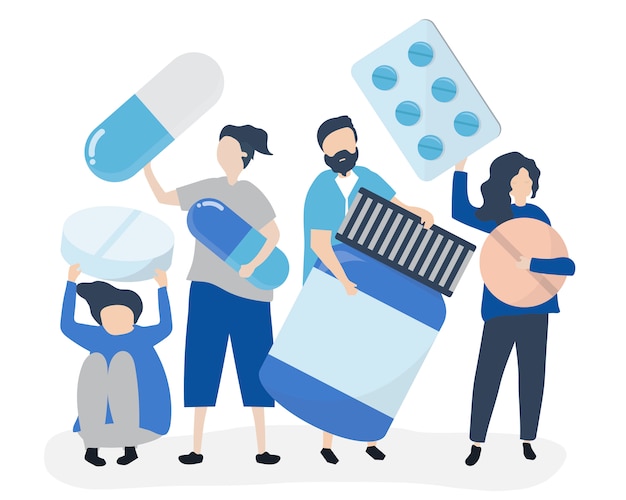
- Combination Therapy:
Together with psychotherapy, drug treatment is typically the best way of managing the condition most of the time. While drugs control moods, therapy takes care of the pattern of thoughts that lead to depression.
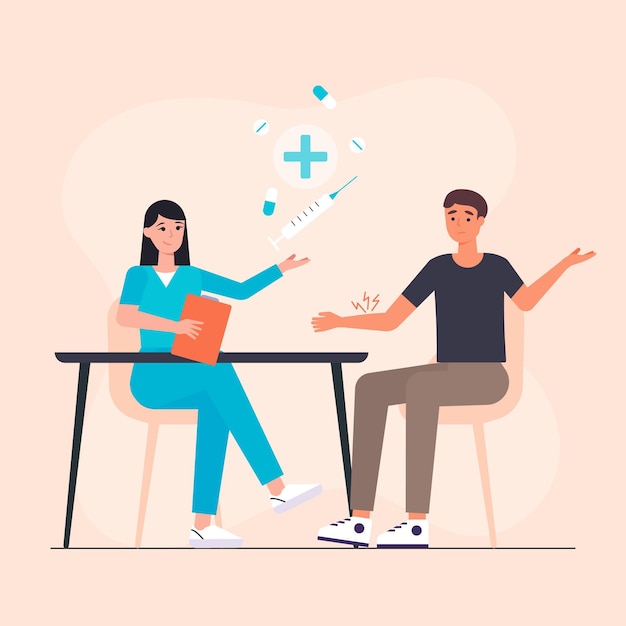
- Alternative and Complementary Therapies:
Guided mindfulness-based cognitive therapy (MBCT), exercise, and light therapy are the relevant approaches that are helpful for many customers with chronic health conditions. Aside from that, MBCT utilizes aspects of mindfulness and cognitive therapy to avoid relapse and promote relapse prevention, as well as regular exercise and light exposure especially in seasonal affective disorder likewise known as SAD.
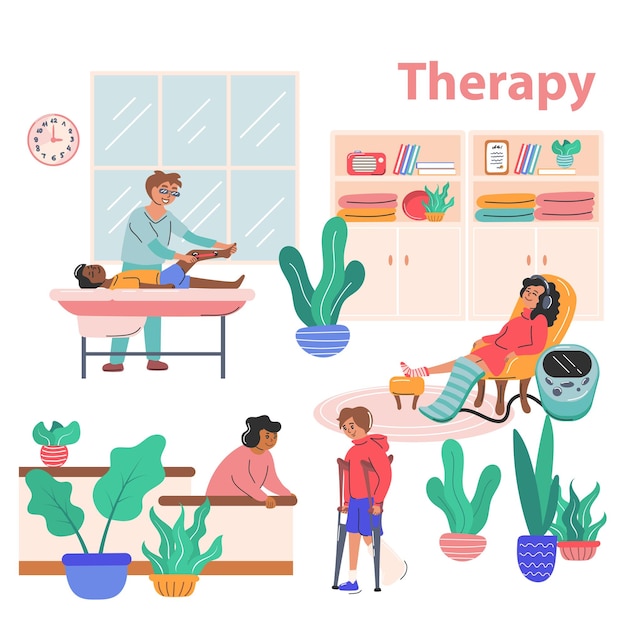
- Lifestyle Changes
It is also important to note that the necessity of taking medications for depression is also complemented by equally important changes in lifestyle to do with diet, sleep, and social interactions. A well-balanced diet with effectual omega-3 fatty acids and good sleep can affect mood and energy boost.

Breaking Down Barriers
While those interventions have been proven effective treatments, a large portion of the world’s population is left without access to the proper treatment. Mental health is a conventionally least funded service delivery area, there is a shortage of skilled human resources and mental health is a taboo area. It is necessary to persist in raising voices for more proper treatment and destigmatizing mental health issues.
Conclusion
Depression can be so encompassing, but this should be put into understanding that depression is manageable. No matter whether the patient is going to be diagnosed as needing talk therapy, medication, changes of lifestyle, or a cocktail of both treatments, it is not all bad news. Depression being a troublesome medical condition, it’s vital that if one experiences or has a loved one who is affected, one has to seek medical assistance.
Related articles/blogs
How Counseling Helps in Treating Bipolar Disorderhttp

